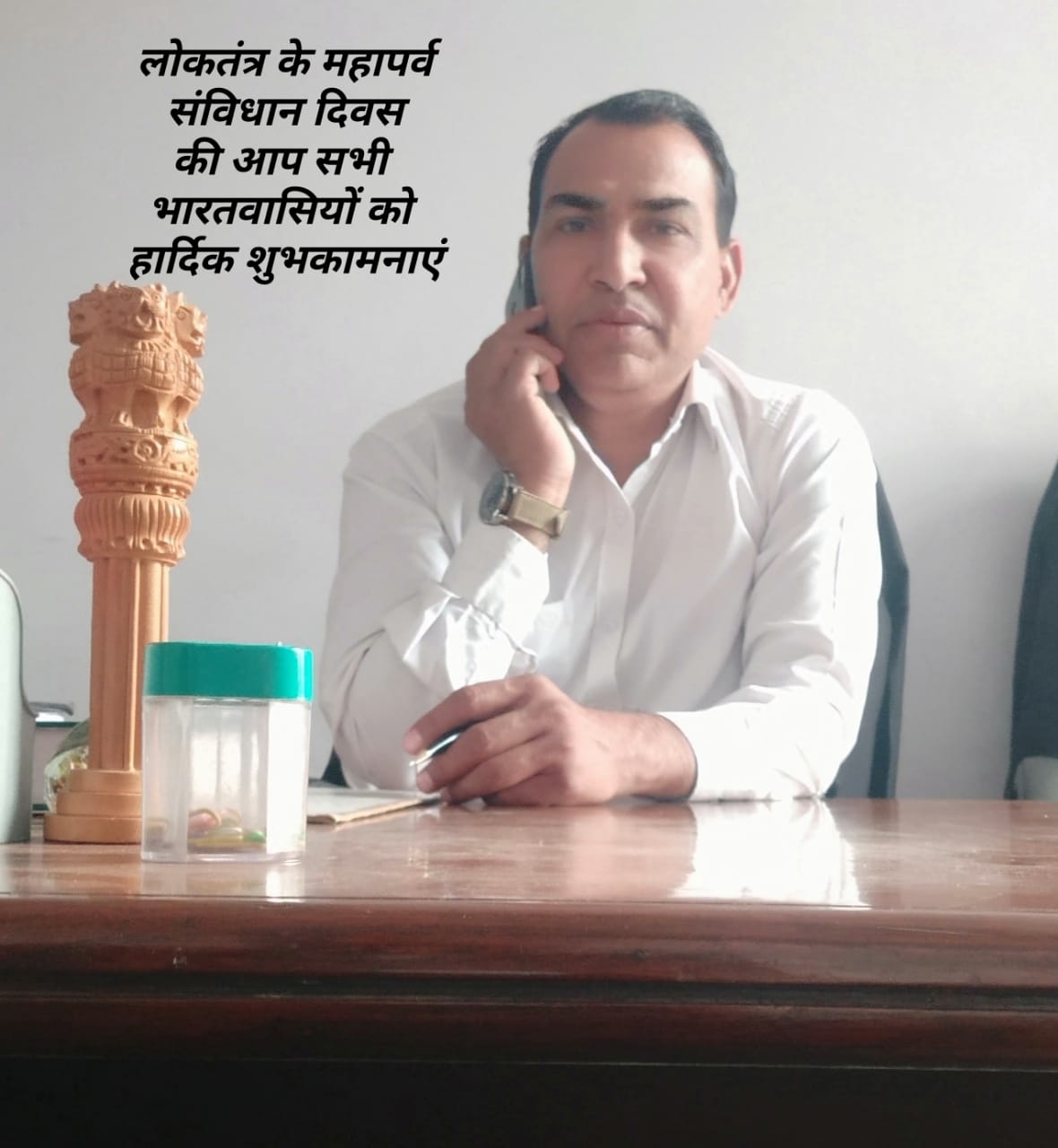Answer By law4u team
In extradition processes, the requesting country may sometimes seek to impose conditions on the surrender of a fugitive to protect its interests or ensure justice. India’s approach to such conditional extradition requests is guided by its domestic laws, international treaties, and diplomatic practices, ensuring both compliance with international obligations and protection of the rights of the accused.
Can a Country Impose Extradition Conditions on India?
Possibility of Conditional Extradition Requests
Requesting countries may propose conditions such as limiting the charges to specific offenses, not prosecuting the individual for other crimes, or assurances against the death penalty.
India’s Legal Framework
India’s Extradition Act, 1962, and relevant treaties allow for consideration of such conditions but do not bind India to accept all demands.
Judicial Scrutiny
Indian courts examine whether proposed conditions comply with Indian law, constitutional safeguards, and international human rights norms before approval.
Diplomatic Negotiations
India’s Ministry of External Affairs engages with the requesting country to negotiate or clarify conditions, balancing legal obligations and diplomatic relations.
Refusal of Conditions Against Indian Sovereignty
Conditions that infringe on India’s sovereignty or constitutional principles may be rejected outright.
Examples of Common Conditions
- Non-imposition of the death penalty
- Assurance of fair trial
- Restrictions on transferring the accused to a third country without consent
Challenges with Conditional Extradition
- Conflicts between treaty obligations and domestic law.
- Human rights concerns influencing acceptance of conditions.
- Political sensitivities in international relations.
Recommendations
- Clear treaty provisions specifying permissible conditions.
- Strong legal frameworks to guide judicial and executive decisions.
- Transparent diplomatic communication to avoid misunderstandings.
Example:
Suppose Country Y requests extradition of a suspect from India but insists the individual will not face the death penalty.
- India reviews the request and the condition under the Extradition Act and human rights standards.
- Indian courts ensure the condition does not violate Indian law or constitution.
- The Ministry of External Affairs negotiates with Country Y to confirm the condition.
- If satisfied, India approves the extradition with the stipulated condition.
- The suspect is surrendered with clear understanding that the death penalty will not be applied.







